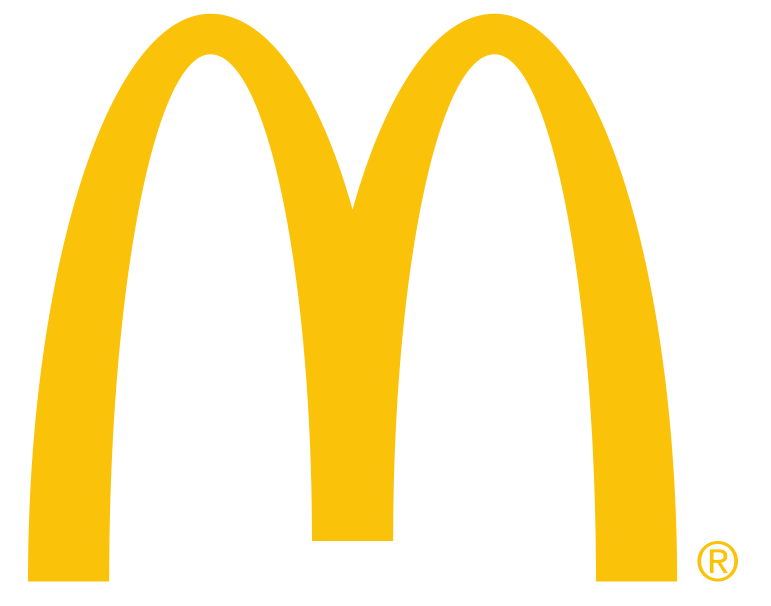McDonald’s South Africa refers to the journey of its sustainably produced coffee as ‘The Power of the Bean.’
Coffee’s popularity has a complex history marked by exploitative production practices that resulted in massive deforestation, intensive water waste, and environmental pollution. In 2001, amidst plummeting coffee bean prices, policymakers and researchers introduced sustainable coffee farming practices to sustain the sector and support farmers. This move not only shifted the dynamics of pricing controlled by demand but also influenced consumers to become increasingly conscious of climate change and environmentally friendly farming methods.
McDonald’s South Africa, through its brewing arm McCafé, takes its coffee choices to ethical and environmental levels. The international fast-food chain doesn’t merely endorse farming practices that protect the environment but also emphasizes the protection of workers in the industry. Its alignment with the Rainforest Alliance (RFA) ensures these commitments.
The Rainforest Alliance collaborates with over 40,000 certified coffee producers across Latin America, East Africa, and Asia, ensuring that certified farms, the sources of McDonald’s coffee, adopt sustainable agricultural practices. These practices prioritize environmental protection, biodiversity, human rights, reduced water usage, and limited use of harmful pesticides and chemicals.
The RFA goes further by providing training in climate-smart and regenerative growing practices, aiding in increased yields and incomes. Coffee cultivation faces vulnerability due to climate change impacts, as coffee thrives within specific temperature ranges. Challenges include fluctuating pricing post-Covid-19, affecting supply chains due to inflation and higher transport costs.
“Despite these challenges and a slowdown in production, McDonald’s remains committed to our RFA commitments. We believe this is the most responsible and ethically sound approach to offering our customers the best coffee beans globally,” says Sechaba Motsieloa, Marketing Director at McDonald’s South Africa.
McDonald’s uses Arabica beans known for their mellow, sweet-to-fruity, nutty-to-chocolate flavors and moderate caffeine content.
“We not only serve great-tasting coffee but also ensure our coffee beans are sourced sustainably, aligning with our goal of sourcing 100% more sustainable coffee globally,” adds Motsieloa.
Beans are freshly ground in small batches at each outlet and brewed using high-quality machines and equipment, ensuring consistent temperature and flavor.
The coffee menu caters to every coffee drinker's preference, from enthusiasts who prefer large brews to those who enjoy lattes or iced coffee, be it espresso-style or cappuccino.
Even unconscious preferences, such as sourcing beans from RFA-certified farms, ensure fair treatment of workers, safe conditions, fair wages, and basic amenities. McDonald’s embraces RFA’s strategies for continuous improvement, encouraging farmers towards sustainability and urging coffee buyers to invest in sustainable production.
Feel-good coffee offers a holistic customer experience underlined by values aligning with McDonald’s 'Scale for Good' initiative, making a positive global impact.
For instance, coffee waste is repurposed and recycled, creating fertilizer for over a hundred community vegetable gardens nationwide, generating employment. Ground coffee waste is used to produce seed paper and germination cups for McDonald’s “Sow The Bean” campaign, allowing coffee buyers to redeem seed growing kits for home planting.
“The quality of our bean sources, combined with our passion for every aspect of its journey from farm to cup, remains uncompromised. Our job isn't done until none of our coffee waste reaches landfill, preserving the land for future generations,” says Motsieloa."

